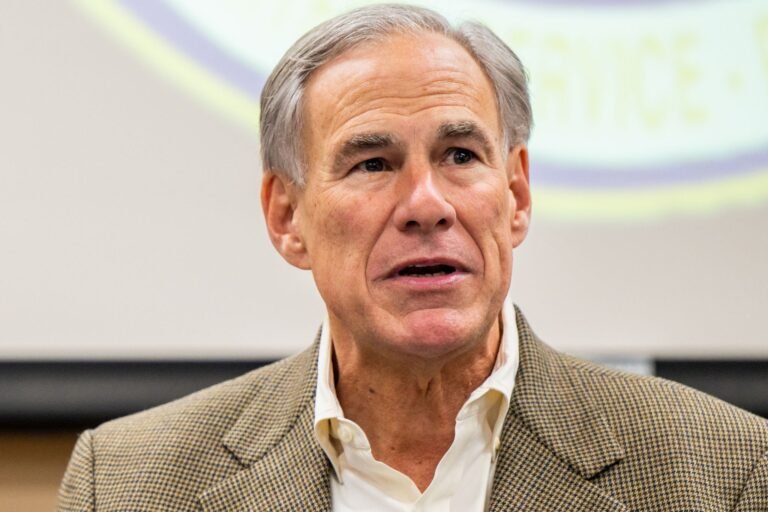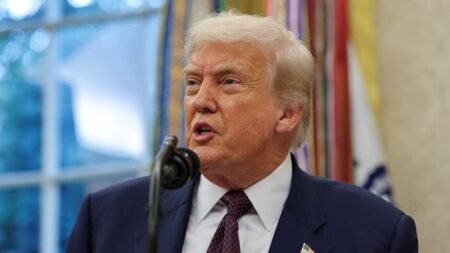Governor Abbott has become one of the most prominent Republican figures in the United States. Serving as the 48th governor of Texas since 2015, Gregory Wayne Abbott has used his platform to shape the political direction of one of the nation’s largest and most influential states. Born on November 13, 1957, in Wichita Falls, Texas, Abbott’s career in public service spans decades, beginning in the courtroom and rising to the highest executive office in the state.
Abbott studied finance at the University of Texas at Austin before earning his law degree from Vanderbilt University Law School. His legal career took a major leap in 1996 when then-Governor George W. Bush appointed him to the Texas Supreme Court. He later served as the Attorney General of Texas from 2002 to 2015, during which he gained national attention for filing numerous lawsuits against the federal government, particularly under the Obama administration.
Abbott’s life took a dramatic turn in 1984 when a falling tree paralyzed him from the waist down during a jog. He has used a wheelchair ever since but has never allowed it to slow his political ambitions. His personal story of perseverance has often been highlighted in his campaigns and public speeches.
As governor, Abbott has focused on conservative policies, drawing strong support from Texas Republicans and criticism from Democrats and activists. One of his most well-known actions includes a hardline approach to immigration. Under his leadership, Texas launched Operation Lone Star, deploying National Guard troops and state police to the U.S.-Mexico border to curb illegal crossings. He has also been a vocal supporter of building physical barriers along the border and has transported migrants to other states to highlight federal immigration policy failures.
Governor Abbott has also signed into law some of the country’s most controversial legislation. In 2021, he approved a bill banning most abortions after about six weeks of pregnancy, a law that does not provide exceptions for rape or incest. This law, known as Senate Bill 8, allows private citizens to sue anyone who assists in an abortion, making Texas a focal point in the national abortion rights debate.
Gun rights have also remained a top priority. Abbott supported and signed laws that allow permitless carry of handguns in Texas, reinforcing his firm stance on the Second Amendment. On education, Abbott has pushed for expanded charter schools and supports school choice initiatives. He has also backed parental rights in curriculum content, particularly concerning lessons on race, gender, and sexual orientation.
During the COVID-19 pandemic, Abbott’s response evolved over time. While he initially supported some public health measures, he later rolled back statewide mandates and emphasized personal freedom and local decision-making. His stance drew mixed reactions, with praise from those advocating for individual rights and criticism from public health experts.
Abbott’s leadership faced one of its most difficult tests during the 2021 winter storm that left millions of Texans without power. The failure of the Texas power grid during extreme cold temperatures led to widespread outrage and calls for reform. While Abbott promised changes, many critics argued that his administration did not act quickly enough to prevent the crisis or support affected residents.
Greg Abbott won re-election in 2018 and 2022, defeating Democratic opponents by comfortable margins. He remains a key figure in national Republican politics, often mentioned as a potential contender for higher office. He has also worked closely with federal agencies during natural disasters, including hurricanes and floods, and frequently tours affected areas to oversee response efforts.
Married to Cecilia Abbott, the first Hispanic First Lady of Texas, Greg Abbott has one adopted daughter, Audrey. The Abbott family often appears at public events, and the governor frequently shares personal reflections and family moments on social media.
Governor Abbott’s time in office has left a lasting impact on Texas, reinforcing the state’s identity as a conservative stronghold. His actions and policies continue to shape political debates across the country.







